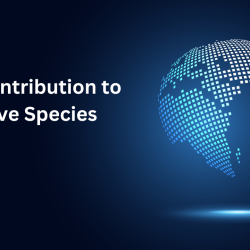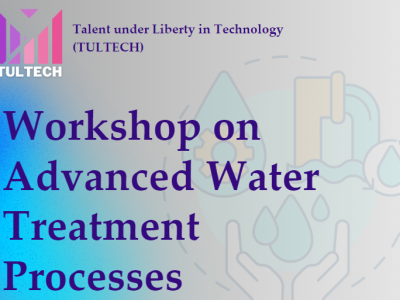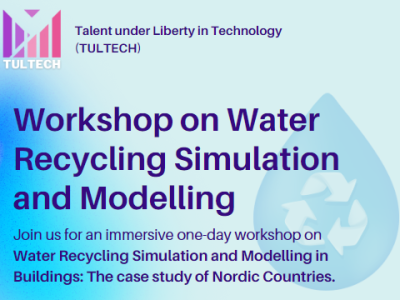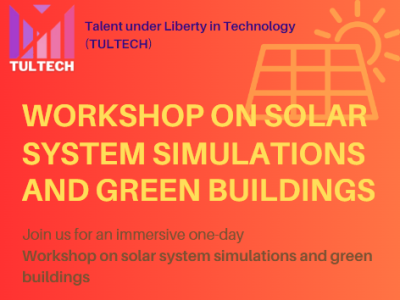Announcements
No announcements yet
New blog posts

Completion of Workshop on Water Recling Simulation and Modelling: Unlocking the Future of Water Management
19 March, 2024 by Charlotte Lee
We are thrilled to announce the successful...

IJITIS Journal Meeting and SWOT Analysis at TULTECH
15 January, 2024 by Charlotte Lee
Greetings, TULTECH community! In our...

A Milestone Meeting for EIL: Shaping the Future of Environmental Industry Letters
15 December, 2023 by Charlotte Lee
Dear TULTECH Community, We are delighted to...
Weather

2°C
Calendar of Events
Blog

Unused Energy, an Easy Fuel for NFTs
Environmental challenges Green Earth Green Energy NFT Non-Refungible-Tokens Science Scientific news Tech news Technology Technology news TulTech
Posted on 11 July, 2023 by benyamin chahkandi

Clean, sustainable fuel produced from plastic garbage
Clean energy Environment Fossil Fuel Green energy Science Scientific news Sustainable development Sustainable energy Tech news Technology Technology news TulTech
Posted on 8 July, 2023 by benyamin chahkandi

Researchers create a cancer vaccine that will both treat and prevent brain cancer.
anti-cancer Brain Brain cancer Cancer Health Health news Science Scientific news Technology TulTech Tumours
Posted on 6 July, 2023 by benyamin chahkandi

AI discovers flora's hidden characteristics to aid save species
AI Animal Species Artificial intelligence Climate change Environmental challenges Save animals science Scientific news Technology TulTech
Posted on 4 July, 2023 by benyamin chahkandi
.png)
Enhanced 3D vision helped a four-legged robot navigate bumpy terrain
3D vision AI Artificial intelligence four-legged robot Robot Science Scientific news Technology Technology news TulTech
Posted on 3 July, 2023 by benyamin chahkandi
Event Categories
Past Events
Workshop on Artificial Intelligence Applications in Smart Cities
20 August, 2024
Workshop on Advanced Water Treatment Processes
10 July, 2024
Workshop on Water Recycling Simulation and Modelling
15 March, 2024Today In History
Here are some interesting facts ih history happened on 5 March.
- Corpernicus' DE REVOLUTIONIBUS placed on Catholic Forbidden index
- Boston Massacre - 5 die
- Congress appropriates $30 -000 to ship camels to western US
- 1st ascent of Mt. Erebus - Antarctica
- US marines land in China to protect American property
- FDR proclaims 10-day bank holiday
- Winston Churchill's "Iron Curtain" speech
- Josef V Stalin died
- King Kong 1st televised
- Ralph Stewart failed in 2nd Islander penalty shot
- Voyager I's closest approach to Jupiter





